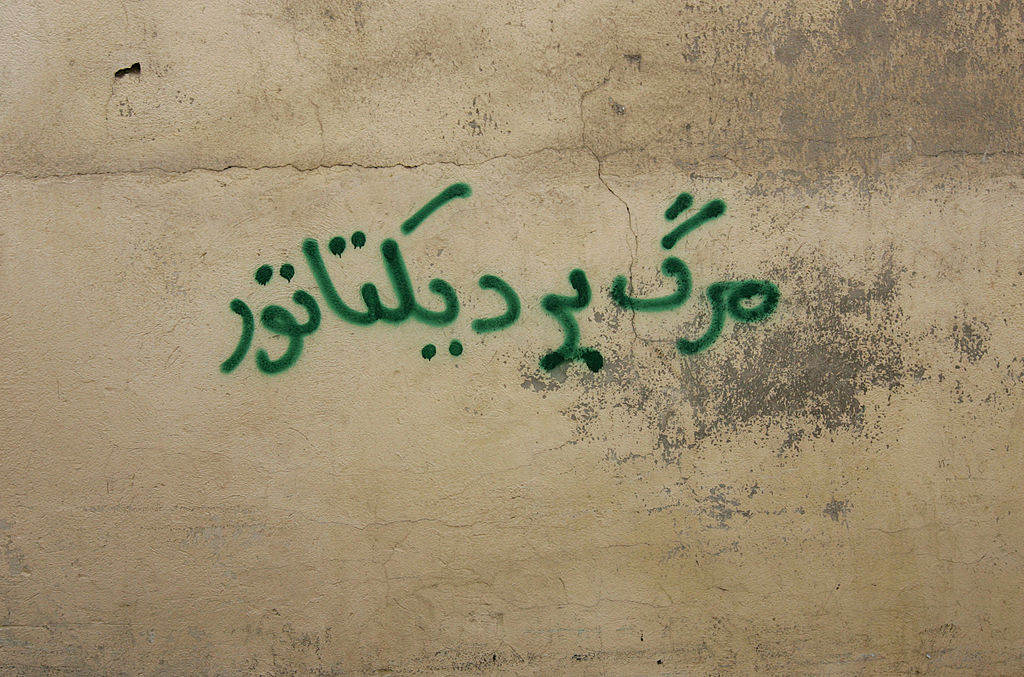Amid ever-increasing government Internet control, surveillance, and censorship in Iran, a new Android app aims to give Iranians a way to speak freely.
Nahoft, which means "hidden" in Farsi, is an encryption tool that turns up to 1,000 characters of Farsi text into a jumble of random words. You can send this mélange to a friend over any communication platform—Telegram, WhatsApp, Google Chat, etc.—and then they run it through Nahoft on their device to decipher what you've said.
Released last week on Google Play by United for Iran, a San Francisco–based human rights and civil liberties group, Nahoft is designed to address multiple aspects of Iran's Internet crackdown. In addition to generating coded messages, the app can also encrypt communications and embed them imperceptibly in image files, a technique known as steganography. Recipients then use Nahoft to inspect the image file on their end and extract the hidden message.

"When the Internet goes down in Iran, people can't communicate with their families inside and outside the country, and for activists everything comes to a screeching halt," says Firuzeh Mahmoudi, United for Iran's executive director, who lived through the 1979 Iranian revolution and left the country when she was 12. "And more and more the government is moving toward layered filtering, banning different digital platforms, and trying to come up with alternatives for international services like social media. This is not looking great; it's the direction that we definitely don't want to see. So this is where the app comes in."


 Loading comments...
Loading comments...
